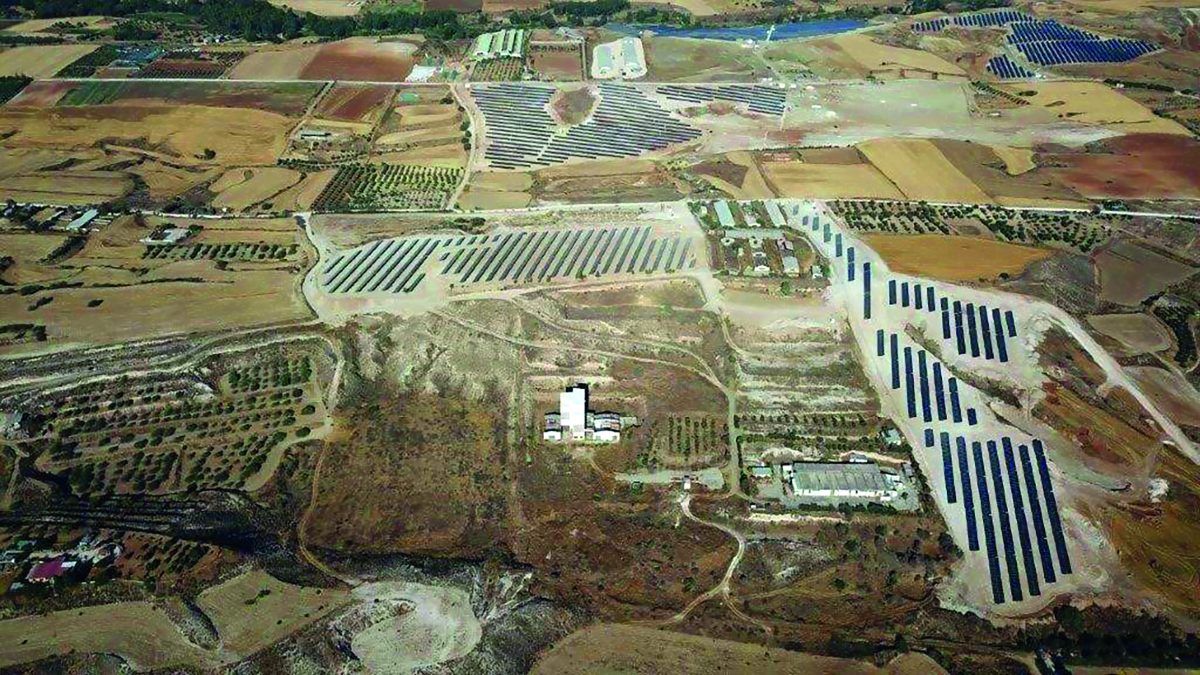Cyprus is committed to increase the share of Renewable Energy Sources (RES)\ and improve energy efficiency for 2030

Along with other EU member states’ efforts to meet the EU targets toward the green transition, Cyprus is committed to increase the share of Renewable Energy Sources (RES)\ and improve energy efficiency for 2030. Achievement of these goals by strategy and design make Cyprus’ transition to climate neutrality attainable based on the comprehensive National Energy and Climate Plan (NECP – prepared in January 2020). Taking action on that is expected to affix for Cyprus an increase in the share of Renewable Energy Sources (RES) to 23% of the total gross final energy consumption and to 26% of the total gross final electricity consumption, as well as to maintain 39% in heating and cooling and 14% in the transport sector for 2030.
Respectively, the quantitative targets for improving energy efficiency are to be applied as obligatory targets to achieve cumulative energy saving of 243,04 ktoe during 2021-2030, by applying measures over and above of those set by EU legislation, reaching final Energy Consumption of 2,0 Mtoe in 2030 (representing 13% reduction in final energy consumption) and maintaining Primary Energy Consumption of 2,4 Mtoe in 2030 (representing 17% reduction in primary energy consumption).

The key policies and measures to achieve the aforementioned RES shares and improve energy efficiency include a variety of schemes aiming to assist households, enterprises, municipalities, communities, and the wider public sector and NGOs in implementing energy efficiency and renewable energy investments (e.g. installation of countable RES and Energy Efficiency technologies in Public Buildings), digital one-stop shop to streamline RES projects permitting and to facilitate energy renovation in buildings, enhance the uptake of sustainable construction materials and increase resource efficiency.
“Transport sector is a major contributor to greenhouse gas emissions, and thus, measures focused on promoting RES and improving energy efficiency in this sector are essential to their reduction”
Transport sector is a major contributor to greenhouse gas emissions, and thus, measures focused on promoting RES and improving energy efficiency in this sector are essential to their reduction. In this regard, such measures include promoting electrification in road transport through the development of the necessary infrastructure. Extension of planning through complementary measures directed towards the development of public transport, the promotion of alternative fuels, the promotion of low emission buses and vehicles and the implementation of the sustainable urban mobility plans. Moreover, the promotion of biofuels and the use of electricity will contribute to reducing emissions in the transport sector.
A key element to increase the production of electricity from renewables and reduce the price of electricity for consumers is the liberalisation of the electricity market in Cyprus, which is expected in 2022. The Project of Common Interest “EuroAsia Interconnector” for the electricity interconnection between Cyprus, Israel and Crete, planned to operate by 2025, seeks to integrate Cyprus Electricity Marker with other EU Member States’ markets into a single market. Simultaneously, Cyprus will achieve the minimum level (for 2030) of the interconnection of 15% of the installed power capacity. Accomplishing both electricity storage and electricity interconnection are critically important for increasing renewable energy penetration. For storage, the relevant legal framework is under preparation while funding schemes are in the pipeline. Having the right market mechanisms in place and allowing for faster penetration of renewable energy sources will enable Cyprus to achieve its RES targets. More specifically, it can ensure the promotion of exports to neighboring countries whilst being in abundance due to their intermittent nature (statistical transfer).